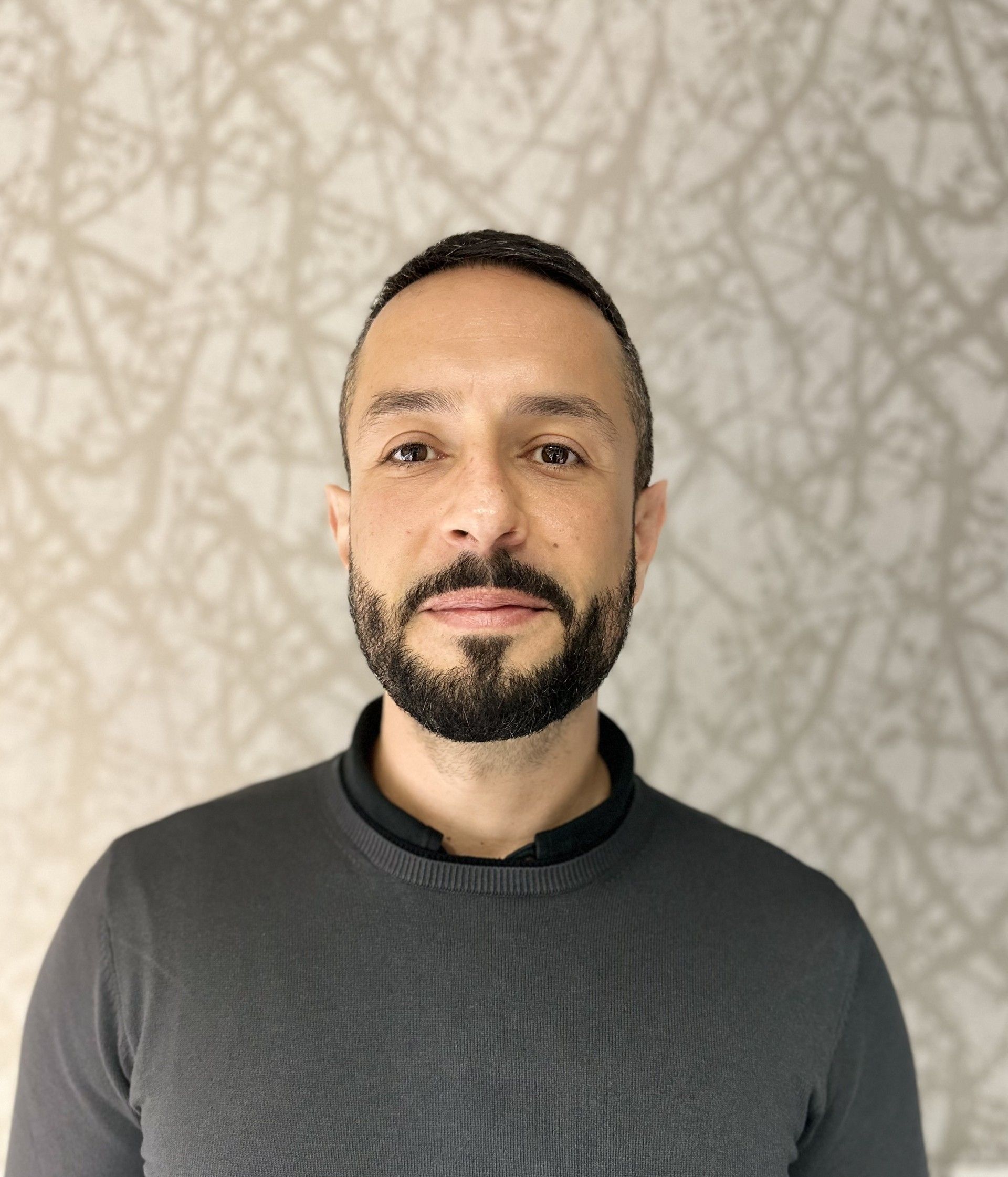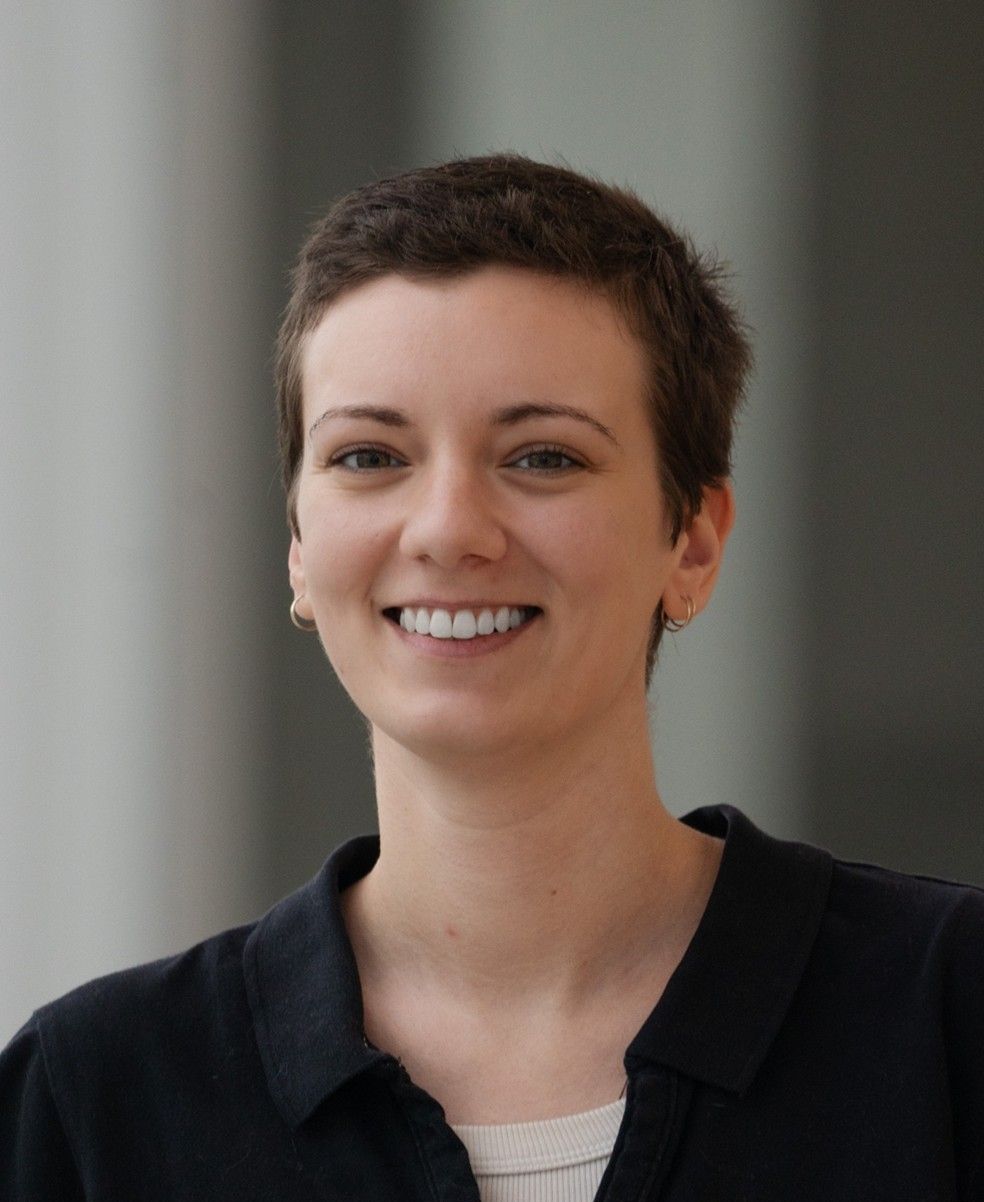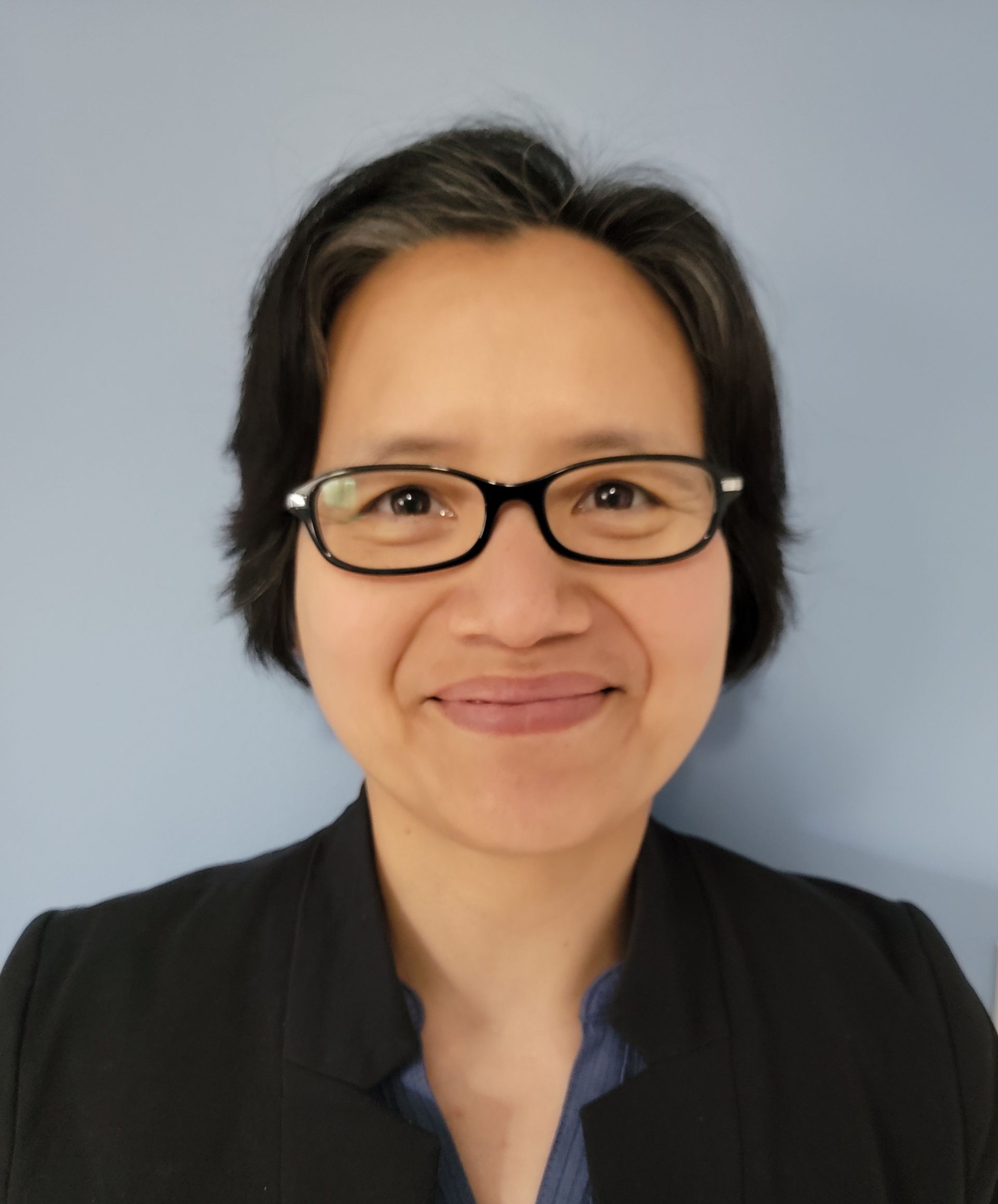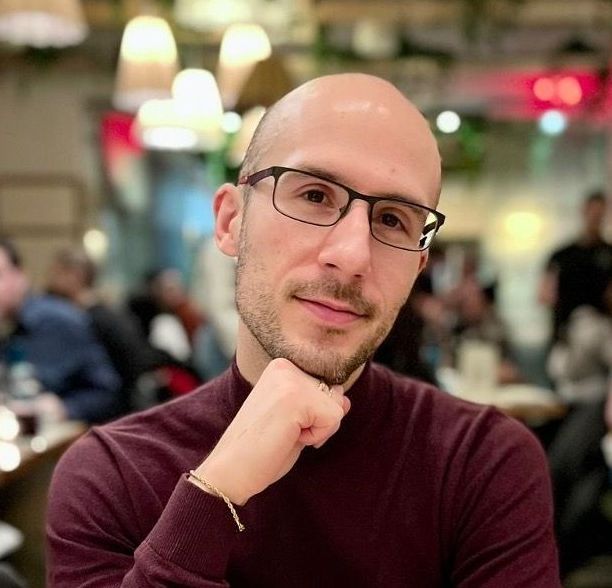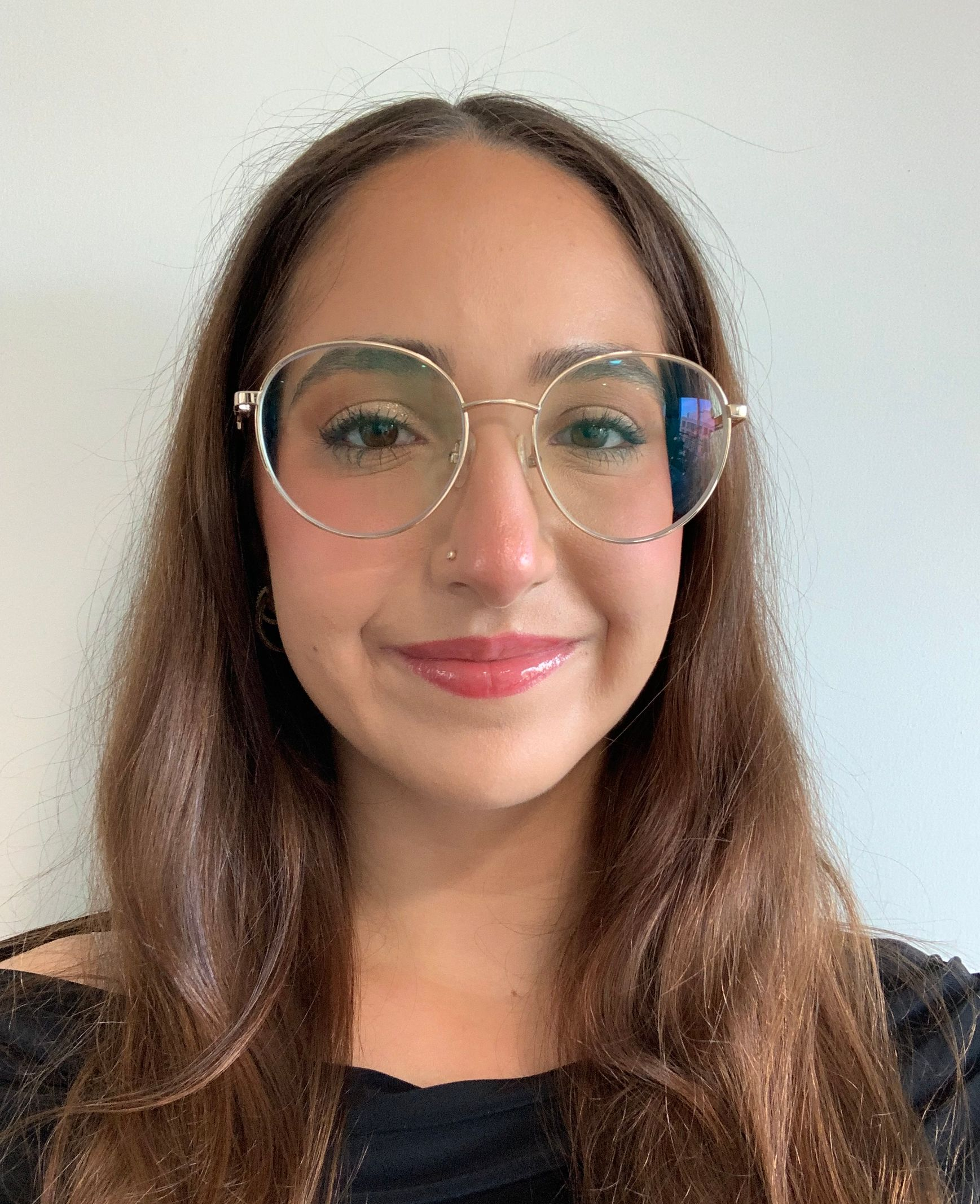Low-Cost Virtual Counselling Clinic
September 2025 – April 2026
Overview
Access to high-quality counselling remains a significant challenge across Ontario, with long waitlists and rising costs leaving many individuals without the support they need. In response, The Centre for Psychology and Emotional Health and the Factor-Inwentash Faculty of Social Work at the University of Toronto, are pleased to offer a low-cost virtual counselling clinic that combines affordability with excellence in clinical training and care.
From September 2025 to April 2026, senior Master of Social Work students will provide 12 sessions at a rate of $45 per session. This clinic is offered entirely online, making it accessible to clients across the province. Please note that insurance policies may cover services delivered by supervised social work students.
Treatment Approach
Students will offer 12 sessions of structured Cognitive Behavioral Therapy (CBT) and will integrate skills and principles from: Emotion Focused Therapy, Motivational Interviewing, Mindfulness, and Dialectical Behavior Therapy (DBT).
Clinical Supervision and Oversight
All students are trained by experts in the field and closely supervised by licensed senior clinicians. Supervisors review clinical work and provide weekly supervision to ensure ethical care and adherence to evidence-based practice.
Eligible Clients
This clinic is suitable for adults and who are requiring financial assistance and can commit to 12 consecutive weekly sessions over a 3-month period and are seeking support with issues such as: stress, anxiety, self-criticism and self-esteem issues, and low mood. Interested clients will receive a brief, complimentary intake to ensure eligibility.
How to Register
Spots are limited. To save your spot, please contact us at lowcostclinic@cpeh.ca
New Paragraph
Low-Cost Counselling Therapy Team
Esme Stumborg, B.A., M.S.W (Candidate)
They/Them
Esme Stumborg is a Master of Social Work student at the University of Toronto completing their practicum placement at the Centre for Psychology and Emotional Health. They earned an Honours Bachelor of Arts in Sociology from the University of British Columbia. Since 2021, they have been working with young adults in non-profit settings, most recently in addiction and harm reduction.
Esme has a passion for working with queer people and hopes to create environments that are safe for self-exploration. Their anti-oppressive therapeutic practices focus on challenging limiting narratives to heal from structural and interpersonal harms, with humour and philosophy undergirding all of their work. In their spare time, you can find them on a long walk, listening to music, or reading with a cat in their lap.
Nellie Tak-Lai Klump, BASc, PGCert., M.S.W (Candidate)
She/Her
Nellie is a Master of Social Work student at the University of Toronto. She holds a Bachelor of Applied Science and a Post-Graduate Certificate in Mental Health and Addictions. Currently, she is completing a comprehensive two-year practicum with a dual placement at Princess Margaret Hospital’s Department of Supportive Care and the Centre for Psychology and Emotional Health.
Since 2019, Nellie has been actively engaged in community mental health, supporting individuals navigating mental health and addiction-related challenges. Most recently, she worked as a Cognitive Behavioural Therapy Coach with the Canadian Mental Health Association, offering short-term support to individuals experiencing symptoms of depression and anxiety.
Nellie brings warmth and compassion to her practice, approaching each client with deep respect for their unique life experiences. She works alongside clients to explore their goals and co-create healing strategies that support the whole person—honoring their cultural identity, emotional and physical well-being, and any other aspects they hold as meaningful.
Stephen Oliver, B.Sc., PGCert., M.S.W (Candidate)
He/Him
Stephen Oliver is a Master of Social Work student at the University of Toronto completing his practicum placement at the Centre for Psychology and Emotional Health. He earned an Honours Bachelor of Science in Psychology, Neuroscience & Behaviour from McMaster University, and a post-graduate certificate in Addictions & Mental Health. He has primarily worked with vulnerable and unhoused youth in non-profit settings in Toronto since 2019, and his most recent role was as a Substance Use Counsellor for youth aged 14-24.
Stephen strives to create a therapeutic environment where clients can express themselves authentically in order to facilitate the processing of trauma and other deep-rooted emotions that keep them stuck in patterns that are no longer helpful. His clinical interests include, but are not limited to, substance use, attachment trauma, emotional injuries, borderline personality disorder, and supporting 2SLGBTQ+ youth and emerging adults.
Victoria Shulman, BSc., M.S.W (Candidate)
She/Her
Victoria Shulman is a Master of Social Work student at the University of Toronto Factor-Inwentash Faculty of Social Work with experience in both clinical support and academic research. She has worked across a variety of settings, including community organizations, post-secondary institutions, and research hospitals, providing compassionate, trauma-informed support to individuals experiencing complex mental health challenges. She has served as a Peer Support Worker with Hope + Me/Mood Disorders Association of Ontario and the University of Toronto Scarborough Health & Wellness Centre, where she facilitated support groups, mentored staff, conducted intake assessments, and provided one-on-one emotional support to diverse populations, including LGBTQ+ youth, individuals with neurodiversity, and those experiencing acute psychiatric symptoms. Her approach is grounded in empathy, dignity, and person-centred care, aiming to foster resilience and recovery through strengths-based support and collaborative care.
In parallel to her clinical experience, Victoria has cultivated a strong foundation in research through roles with the SSHINE Lab at the Factor-Inwentash Faculty of Social Work, the Centre for Addiction and Mental Health, and multiple research teams within the University of Toronto. Her research has focused on topics including global health, stigma, HIV, and mental health, with responsibilities ranging from literature synthesis and grant writing to participant recruitment, ethics submissions, and data analysis. She has contributed to both qualitative and quantitative studies and has been involved in the design and implementation of focus groups, scoping reviews, and mixed methods projects. Victoria brings a unique lens informed by both her academic training and direct service experience, with a deep commitment to equity, anti-oppressive practice, and ethical research.
